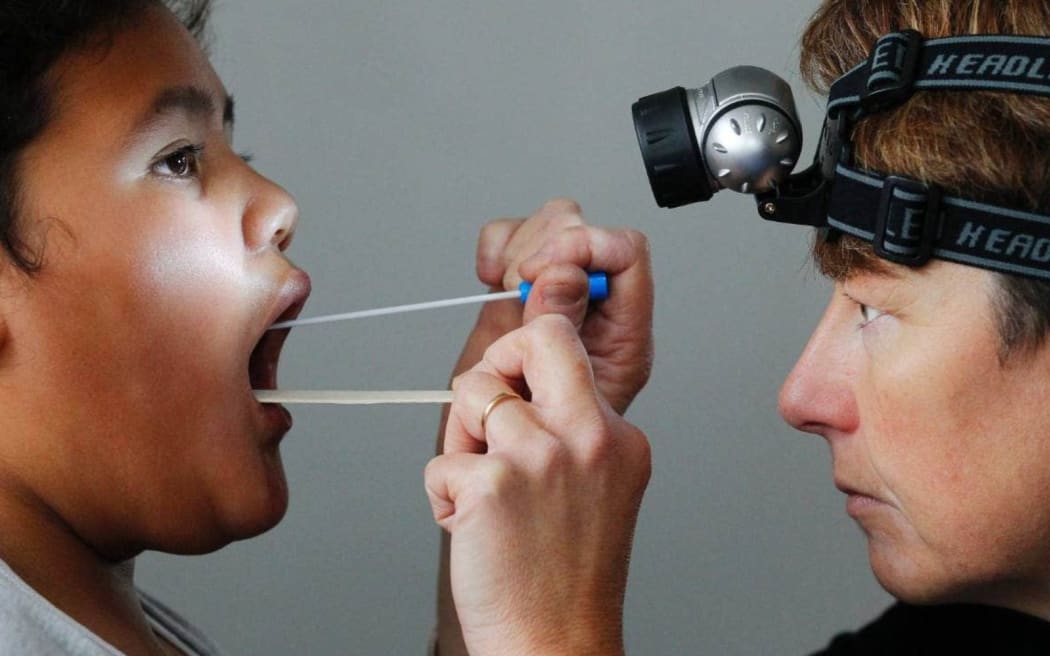
Rheumatic fever and rheumatic heart disease are the result of recurring, untreated strep throat or Streptococcal pharyngitis. Photo: LDR / Supplied
A new medical study says up to one in 50 young Pasifika adults living in South Auckland may have rheumatic heart disease.
And the research says the prevalence of the condition in Counties Manukau is comparable to those found in Africa.
Counties Manukau has historically been a national hotspot for rheumatic fever and records the highest case numbers in the country.
Rheumatic fever and rheumatic heart disease are the result of recurring, untreated strep throat or Streptococcal pharyngitis.
If left, they can lead to inflammation of the heart, joints, brain and skin. Rheumatic heart disease is the condition that results from the heart valves being permanently damaged by rheumatic fever.

The damage may start shortly after a person has suffered an untreated or undertreated streptococcal infection, such as strep throat or scarlet fever.
The study looked at people aged between 16 and 40 years who were enrolled with South Seas Healthcare in Otara over a two-year period.
The research involved staff from the University of Auckland, Middlemore and Starship Hospitals and South Seas Healthcare.
The patients were given echocardiograms, the findings reviewed and any potential abnormalities reported to a panel of cardiologists.
Any individuals showing signs of the disease were asked to discuss the results and given a follow-up with a doctor.
The study found up to one in 50 young Pasifika adults living in South Auckland may have rheumatic heart disease (RHD).
"New Zealand is a high-income country, but RHD prevalence in Polynesian young adults living in urban South Auckland is as high as Africa," the report states.
"The majority of RHD cases had moderate or severe disease, highlighting major deficiencies in existing healthcare services for vulnerable socio-economically deprived populations in New Zealand."
The study found the only country with comparable rates of adults with RHD was Uganda.
But the paper said the severity of the disease in the African nation "was substantially lower" than that found in South Auckland.
It said prevention of both acute rheumatic fever and rheumatic heart disease must target both young adults and children.
Strep throat is contagious and is most common in children aged between five and 15. But in most developed countries around the world it rarely develops into rheumatic fever.
"Rheumatic heart disease is a significant global health problem, particularly affecting low and lower-middle income countries, where RHD is estimated to affect over 58 million adults and contribute to over 300,000 deaths annually."
People with severe rheumatic heart disease often require surgery to replace or repair the damaged heart valves.
Depending on the severity of disease, medication may also be needed to treat some of the associated symptoms, or heart rhythm abnormalities.
The report was authored by University of Auckland's Dr Rachel Webb, South Seas Healthcare clinical director Dr Andrew Chan-Mow, Starship Children's Hospital's Elizabeth Tilton and Thomas Gentles.
Te Whatu Ora (Counties Manukau) was approached for comment.
Local Democracy Reporting is Public Interest Journalism funded through NZ On Air.




